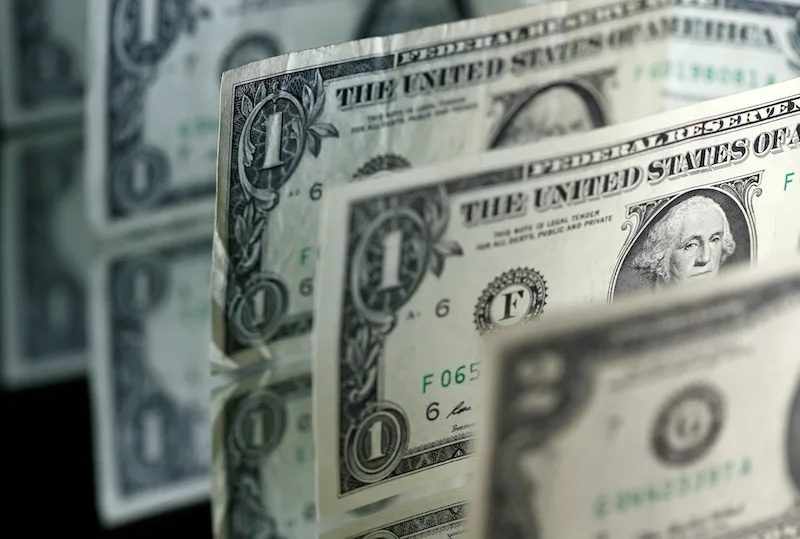Is climate finance the next bubble?
- Date: 05-Jan-2022
- Source: Gulf Times
- Sector:Financial Markets
- Country:Middle East
Is climate finance the next bubble?
By Arvind Subramanian/Providence
In the last few years, and especially after the recent United Nations Climate Change Conference (COP26) in Glasgow, private investors have seen an opportunity to midwife developing countries’ bumpy transition to net-zero carbon-dioxide emissions. After all, if BlackRock CEO Larry Fink and the climate activist Greta Thunberg can find common cause, then the tantalising prospect held out by William Blake – “Great things are done when men and mountains meet” – comes into view.
The heady optimism is reflected in the numbers. Asset managers think that tens of trillions of dollars, mostly in the form of green finance, could be available for environmental, social, and governance (ESG) lending. Former Bank of England governor Mark Carney claims to have mobilised $130tn to help finance the net-zero transition. The $100bn per year in climate finance that rich countries promised to provide to the developing world at COP15 in 2009 – a pledge that remains unfulfilled – is starting to look like chump change by comparison.
Developing economies’ response to the new push for net-zero emissions has rightly focused on rich countries’ fossil-fuel hypocrisy. As Vijaya Ramachandran of the Breakthrough Institute and Todd Moss of the Energy for Growth Hub























